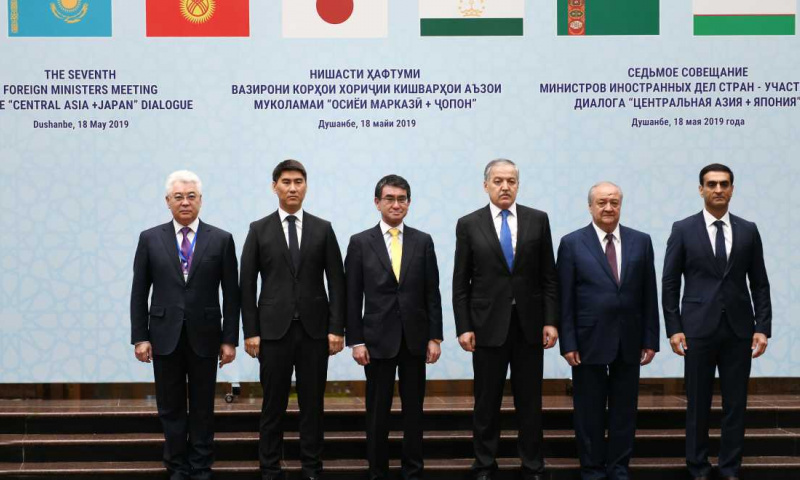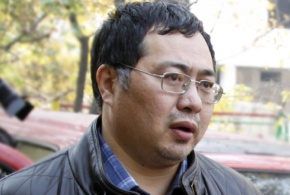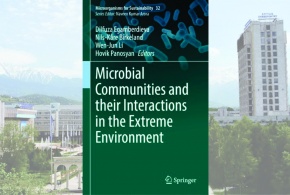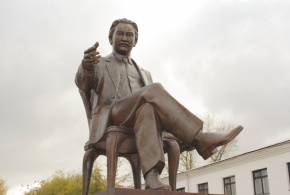
A delegation of the Republic of Kazakhstan, headed by Foreign Minister Beibut Atamkulov, recently took part in the 7th Foreign Ministers` Meeting of the “Central Asia plus Japan" Dialogue (CAJD) held in Dushanbe, the capital of Tajikistan, reports the press service of MFA.
Chingiz Aidarbekov, Minister of Foreign Affairs of Kyrgyzstan, Sirojiddin Muhriddin, Minister of Foreign Affairs of Tajikistan, Abdulaziz Kamilov, Minister of Foreign Affairs of Uzbekistan, Taro Kono, Minister of Foreign Affairs of Japan, and Vepa Hajiyev, Deputy Minister of Foreign Affairs of Turkmenistan, attended the meeting.
This year marks the 15thanniversary of the creation of the “Central Asia plus Japan" Dialogue, the first meeting of which was held in Nur-Sultan in 2004. It offers significant opportunities to discuss topical issues on the international and regional agenda, as well as ways to strengthen regional cooperation with Japan.
The meeting participants agreed that the time had come to discuss and define specific tasks for the development of the Dialogue. Of considerable interest is the economic and technological potential of Japan, which can be utilized in the further modernization and diversification of the Central Asian economies.
Mr. Atamkulov noted that Kazakhstan highly appreciated Japan's interest in the Central Asian region, as well as the efforts of the Japanese government to find practical ways of cooperation, both bilaterally and within the CAJD. It was emphasized that Kazakhstan remained ready to make efforts to create the conditions for mutually beneficial economic cooperation and trust-based relationships.
“Central Asia is one of the dynamically developing regions of the world, which is strategically situated and has significant human and high economic potential, and natural and industrial resources. First President of Kazakhstan –Leader of the Nation Nursultan Nazarbayev and Head of State Kassym-Jomart Tokayev pay special attention to strengthening fraternal and good-neighborly relations with the countries of the region," the Foreign Minister said.
The meeting in Dushanbe consisted of three sessions, during which the participants discussed the development of cooperation across trade, transport, investment, tourism and regional security.
Special emphasis was placed on the efficient use of the region's transit and transport potential, the core issue for comprehensive development of cooperation and vital for landlocked Central Asian countries.
To determine the main areas of trade and economic cooperation, Kazakhstan proposed holding a meeting of the CAJD economic ministers and establishing regular business meetings so that they could make specific recommendations and participate in joint projects. This platform would attract Japanese businesses to the trade, economic, investment, transit and transport potential of Central Asia.
At the session on tourism development, it was noted that Central Asian countries had recently generated great interest among foreign tourists, demonstrating the region's great potential. The Kazakh side briefed the participants on the country's measures to develop tourism. The introduction of Japan's best practices in creating a sustainable tourism sector opened up many opportunities for Central Asia's still-evolving tourism sector.
A separate panel addressed regional security issues, where Foreign Minister of Afghanistan Salahuddin Rabbani was invited as a guest. Participants discussed issues including counter-terrorism, food security and environmental safety. The meeting participants were extensively informed about the results of the Zhusan operationon repatriating Kazakh citizens from Syria, as well as Kazakhstan's contribution to the efforts of the international community to promote security and stabilization in Afghanistan. As for food security, the Kazakh delegation invited Central Asian countries to take part in the activities of the Islamic Organization for Food Security, headquartered in Nur-Sultan.
The collective contribution of Central Asian states to strengthening international security and stability, which was high on the agenda of Kazakhstan's non-permanent membership in the UN Security Council in 2017-2018, was highlighted.
The meeting resulted in the adoption of a Joint Statement, which reflected the provisions on enhancing the partnership between Central Asia and Japan, including the intention to further promote mutually beneficial cooperation.
Representatives of Central Asian countries welcomed Japan's position to support the “open, stable and independent development of Central Asia" and contribute to regional and international peace and stability as a “catalyst" for the development of regional cooperation. They also expressed gratitude for financial and technical assistance in such areas as economic infrastructure, training, healthcare, disaster prevention, regional development, combating terrorism and drugs.
The statement also highlighted the need to attract investment in high-quality infrastructure in accordance with international standards, including such essential elements as openness, transparency, economic efficiency and financial sustainability of the target country.
The meeting participants expressed their gratitude to Tajikistan as the Chair country for 2017-2019 for holding the 7thForeign Ministers`Meeting of the CAJD, and welcomed Japan as the next Chair country of the Dialogue for 2019-2020.
Note to editors: The “Central Asia plus Japan" Dialogue was convened at the initiative of Japan. The first meeting was held in Nur-Sultan in 2004. The main areas of cooperation within the CAJD are political dialogue, intraregional cooperation development, business promotion, intellectual dialogue, cultural ties and human exchange. The next 8th Foreign Ministers' Meeting of the Dialogue is planned to be held in Japan in 2020.



















 Сот белсенді Ермек Нарымбайдың мерзімінен ерте босап шығу туралы өтінішін орындамады
Сот белсенді Ермек Нарымбайдың мерзімінен ерте босап шығу туралы өтінішін орындамады
 Poverty and misery of …. “terrorists”
Poverty and misery of …. “terrorists”
 SCIENTISTS OF THE KAZNU ARE INVESTIGATING THE PROBLEM OF SURVIVAL OF MICROORGANISMS IN EXTREME CONDITIONS
SCIENTISTS OF THE KAZNU ARE INVESTIGATING THE PROBLEM OF SURVIVAL OF MICROORGANISMS IN EXTREME CONDITIONS
 "Atomic" exam for officials of Kazakhstan
"Atomic" exam for officials of Kazakhstan
 Faculty of Journalism of the Al-Farabi Kazakh National University held an annual scientific and practical conference «Bekhozhinov readings»
Faculty of Journalism of the Al-Farabi Kazakh National University held an annual scientific and practical conference «Bekhozhinov readings»
 Kazakhstan signed an agreement with Russia on the allocation of vaccine against coronavirus
Kazakhstan signed an agreement with Russia on the allocation of vaccine against coronavirus